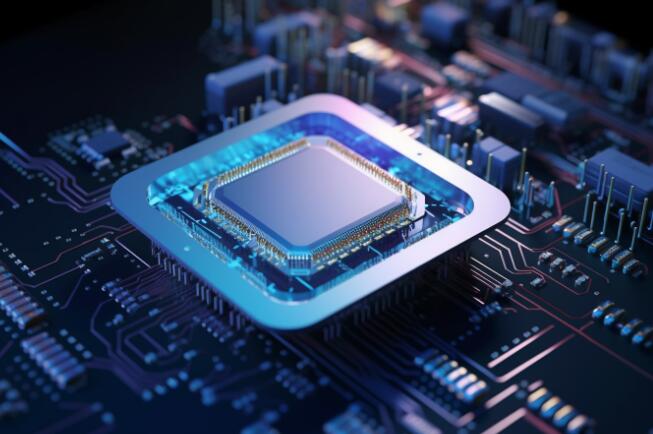Tesla's Dojo 2 Chip Nears Mass Production, Rivals NVIDIA
Tesla's Dojo 2 Chip Enters Mass Production with NVIDIA-Rivaling Performance
At a high-profile event in Beijing, Elon Musk revealed that Tesla's Dojo 2 chip is nearing mass production. The new chip delivers a 10-fold performance improvement over its predecessor, with computing power approaching NVIDIA's Blackwell B200. This advancement could make Tesla's Full Self-Driving (FSD) system self-sufficient, reducing reliance on external suppliers like NVIDIA.

Image source note: The image is AI-generated, and the image licensing service provider is Midjourney
Enhanced AI Training Capabilities
The Dojo 2 supercomputer will significantly accelerate data training, optimizing FSD performance. Musk hinted at an even more powerful Dojo 3 chip, slated for release next year. This continuous innovation underscores Tesla's commitment to leading the AI and autonomous driving sectors.
Partnership with TSMC
According to Not a Tesla App, Tesla has partnered with TSMC to mass-produce Dojo 2 by year-end. TSMC's advanced packaging technology will enhance the chip's computing power while addressing prior issues like silent data corruption (SDC) and excessive power consumption.
A Game-Changer for AI and Automotive Industries
Musk emphasized that Dojo is a proprietary platform designed for FSD neural network training. Since its introduction in 2019, Tesla has leveraged it to process 16 billion video frames daily, enabling FSD to evolve continuously. With Dojo 2, Tesla aims to break free from NVIDIA dependency and expand its role in AI and automotive tech.
In a lighthearted remark, Musk joked that Dojo 2 could run "Crysis" at one billion frames per second, highlighting its raw power.
Key Points:
- Dojo 2 chip offers 10x performance boost over first-gen.
- Computing power rivals NVIDIA's Blackwell B200.
- Mass production partnership with TSMC underway.
- Next-gen Dojo 3 chip expected in 2026.
- Potential to disrupt AI and automotive industries.